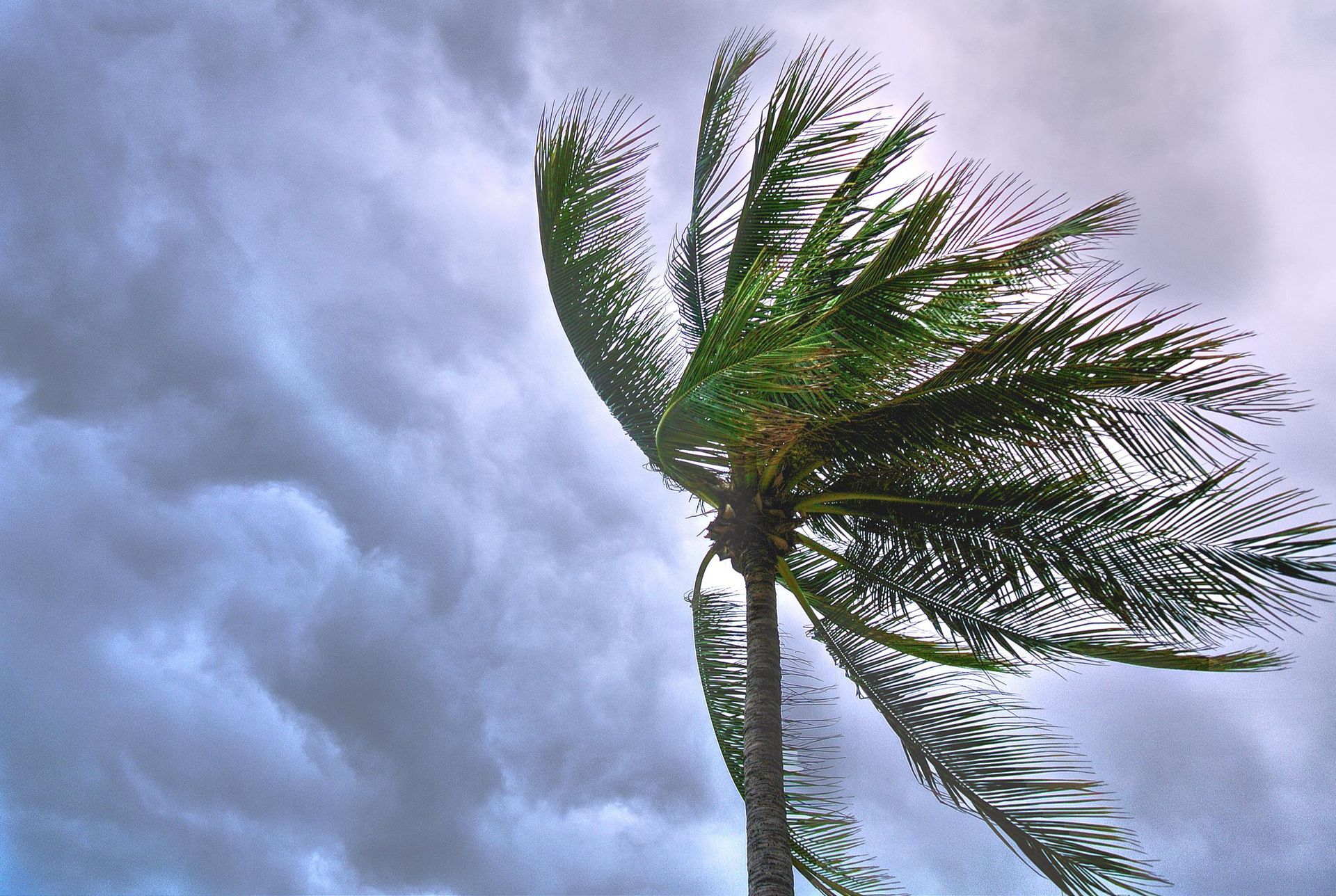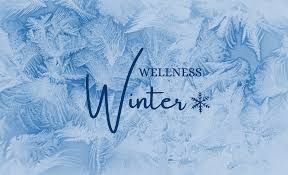Weathering the Storm: A Senior’s Guide to Hurricane Season in Florida

Hurricane season in Florida, running from June to November, is a time for preparation, not panic. While these storms bring powerful winds, heavy rain, and potential flooding, a well-thought-out plan can make all the difference—especially for seniors. Taking proactive steps ensures safety, comfort, and peace of mind when the storm arrives. Let’s explore how you can best prepare, stay safe, and recover after the storm.
For seniors, hurricanes present unique challenges. Mobility concerns may make evacuation difficult, medical needs require careful planning, and power outages can disrupt essential healthcare devices. Knowing the potential risks helps guide preparation efforts.
- Flooding: Heavy rain and storm surges can cause rapid water level rises, making roads impassable and homes vulnerable.
- Strong Winds: Hurricanes can bring winds exceeding 100 mph, toppling trees, damaging homes, and cutting off power.
- Extended Recovery Time: After a storm, essential services may be limited, making access to food, medications, and transportation difficult.
Essential Preparations
- Emergency Kit: Assemble an emergency kit with the following essentials: medications, medical records, flashlights, extra batteries, non-perishable food, and water (enough for one gallon per person per day) – sufficient for three to five days.
- Evacuation Plan: Find nearby senior-friendly hurricane shelters that provide accessibility and medical support.
- Arrange Transportation: If you don’t drive, organize transportation with family, friends, or local emergency services.
- Communication Strategy: Stay connected with family, neighbors, and emergency contacts. Sign up for emergency alerts through local weather services.
Staying Safe During the Storm
When the storm arrives, stay indoors and follow safety guidelines.
- Shelter Wisely: If you are staying home, choose an interior room away from windows.
- Monitor Updates: Use a battery-powered radio or phone to stay informed on conditions.
- Stay Calm: Practice relaxation techniques to manage stress and anxiety.
What to do After the Storm
Once the storm passes, careful steps ensure safety.
•
Assess Damage before venturing outside—watch for fallen power lines or debris.
•
Seek Assistance for cleanup, repairs, or financial aid through FEMA or community organizations.
•
Emotional Resilience: Recovering from a hurricane takes time. Connect with neighbors, friends, and local support groups to help ease the process.
Conclusion
Preparation is the best way to weather the storm—both physically and emotionally. By taking proactive steps, seniors can remain safe, informed, and in control during hurricane season. If you or a loved one needs additional support, contact your local emergency management office or organizations like the Red Cross.
Stay safe, stay prepared, and remember that every storm eventually passes.



